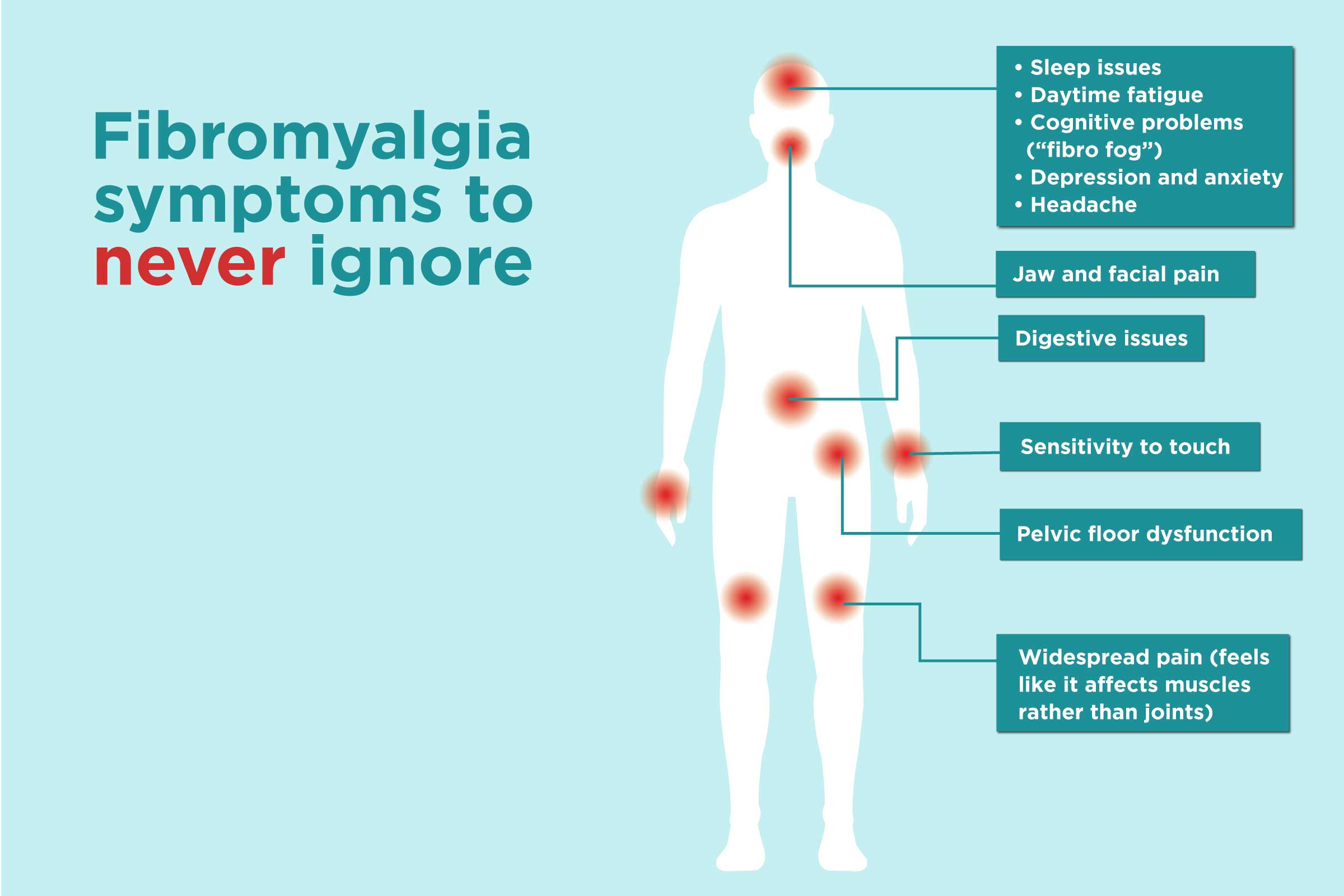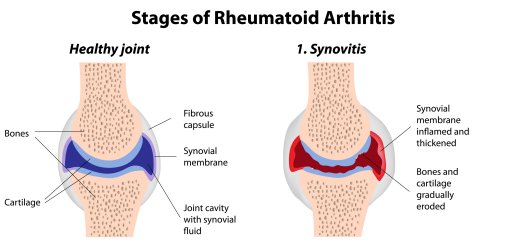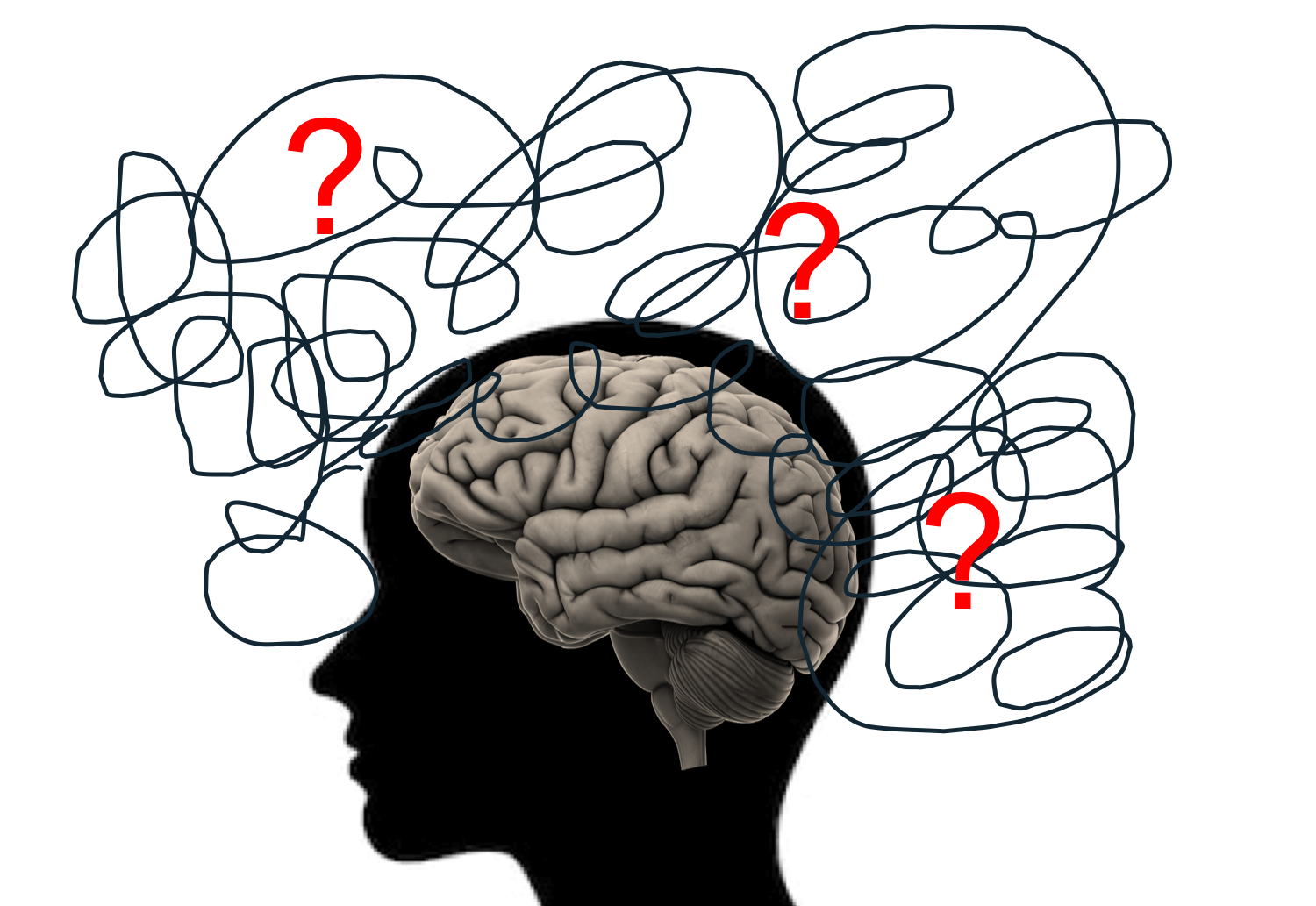Raising Awareness: Chronic Immunological and Neurological Diseases
May 12 marks International Awareness Day for Chronic Immunological and Neurological Diseases, a day dedicated to raising awareness about the challenges faced by individuals living with these often misunderstood conditions. Chronic immunological and neurological diseases, such as multiple sclerosis (MS), lupus, and fibromyalgia, can significantly impact the lives of those affected. This day serves as an opportunity to educate the public, promote understanding, and foster support for individuals battling these chronic illnesses.
Understanding Chronic Immunological and Neurological Diseases
 Chronic immunological diseases result from the immune system’s malfunction, causing it to attack the body’s own healthy tissues. Neurological diseases, on the other hand, affect the nervous system, including the brain, spinal cord, and nerves. Many of these conditions can coexist, leading to complex health challenges.
Chronic immunological diseases result from the immune system’s malfunction, causing it to attack the body’s own healthy tissues. Neurological diseases, on the other hand, affect the nervous system, including the brain, spinal cord, and nerves. Many of these conditions can coexist, leading to complex health challenges.
Common Conditions
Multiple Sclerosis (MS):
 MS is a chronic disease that affects the central nervous system, leading to a wide range of symptoms such as fatigue, mobility issues, and cognitive changes. The unpredictable nature of MS can make daily life challenging for those affected.
MS is a chronic disease that affects the central nervous system, leading to a wide range of symptoms such as fatigue, mobility issues, and cognitive changes. The unpredictable nature of MS can make daily life challenging for those affected.
Lupus:

Fibromyalgia:
 Fibromyalgia is characterized by widespread musculoskeletal pain, fatigue, and sleep disturbances. It can also lead to cognitive difficulties, often referred to as “fibro fog.” The cause of fibromyalgia is not fully understood, and it can be challenging to diagnose.
Fibromyalgia is characterized by widespread musculoskeletal pain, fatigue, and sleep disturbances. It can also lead to cognitive difficulties, often referred to as “fibro fog.” The cause of fibromyalgia is not fully understood, and it can be challenging to diagnose.
Rheumatoid Arthritis (RA):
 RA is an autoimmune disorder that primarily affects the joints, causing inflammation, pain, and stiffness. It can also impact other systems in the body, leading to additional health complications.
RA is an autoimmune disorder that primarily affects the joints, causing inflammation, pain, and stiffness. It can also impact other systems in the body, leading to additional health complications.
The Impact on Daily Life
Living with chronic immunological and neurological diseases can significantly affect an individual’s quality of life. The symptoms can be unpredictable, making it difficult for individuals to maintain a regular routine. Here are some common challenges faced by those living with these conditions:
Physical Limitations:
Many individuals struggle with mobility issues, fatigue, and pain, which can hinder their ability to participate in everyday activities.
Mental Health Challenges:
The chronic nature of these diseases can lead to anxiety, depression, and social isolation. Coping with a long-term illness can take a toll on mental well-being.
Financial Burdens:
Managing chronic diseases often involves frequent medical appointments, specialized treatments, and medications, which can lead to significant financial strain.
Stigma and Misunderstanding:
Many people do not fully understand the complexities of these conditions, leading to stigma and misconceptions that can further isolate individuals.
Promoting Awareness and Support
 International Awareness Day for Chronic Immunological and Neurological Diseases aims to educate the public and foster empathy and understanding. Here are several ways to promote awareness and support those affected:
International Awareness Day for Chronic Immunological and Neurological Diseases aims to educate the public and foster empathy and understanding. Here are several ways to promote awareness and support those affected:
Educate Yourself and Others:
Take the initiative to learn more about chronic immunological and neurological diseases. Share information with friends, family, and colleagues to help dispel misconceptions and promote understanding.Participate in Awareness Campaigns:
Many organizations run campaigns during this awareness day. Get involved by participating in events, sharing social media posts, or wearing awareness ribbons to show support.Support Advocacy Organizations:
Contribute to organizations that advocate for individuals with chronic diseases. These organizations often provide resources, support groups, and research funding to improve the lives of those affected.Be an Ally:
If you know someone living with a chronic illness, offer your support. Small gestures, such as checking in or offering to help with daily tasks, can make a significant difference.Encourage Open Conversations:
Create a safe space for discussing chronic diseases. Encouraging open dialogue can help reduce stigma and foster understanding among those who may not be familiar with these conditions.
International Awareness Day for Chronic Immunological and Neurological Diseases is a crucial reminder of the challenges faced by individuals living with these conditions. By raising awareness and promoting understanding, we can create a more supportive environment for those affected. Together, we can foster a community that recognizes the complexities of these diseases and empowers individuals to seek the support they need.
We want to hear from you! Have you or someone you know been affected by chronic immunological or neurological diseases? What steps do you think we can take to improve awareness and support? Share your thoughts and experiences in the comments below!









Your point of view caught my eye and was very interesting. Thanks. I have a question for you.
Super platformadır! Uğurlar!
1win
Thanks for sharing. I read many of your blog posts, cool, your blog is very good.